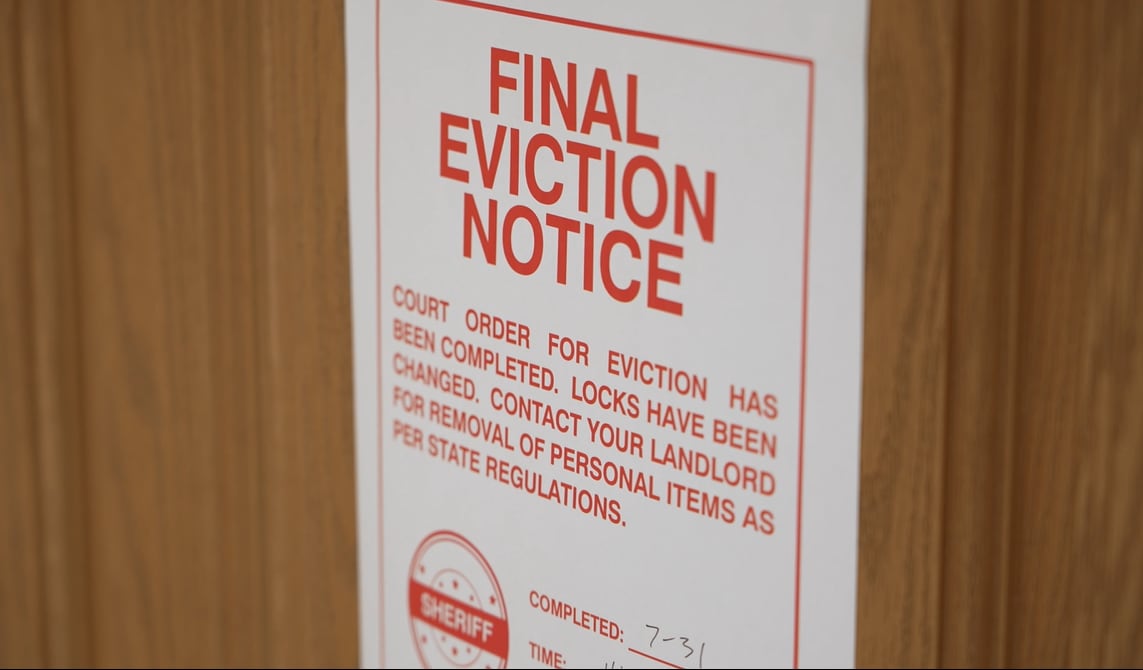Georgia becomes 8th state sued over age verification for kids online
ATLANTA, Ga. - Georgia has become the eighth state to see its law requiring parental consent for children to use social media challenged in court.
NetChoice, a technology industry trade group, sued in federal court in Atlanta to overturn the law, which is scheduled to take effect on July 1.
Similar laws have been overturned by federal judges in Arkansas and Ohio and temporarily blocked in Utah. Litigation is pending against laws in Florida, Louisiana, Mississippi and Tennessee.
The fight pits a growing movement that social media use is harmful to children and teens against constitutional protections for free speech. While the laws in Georgia and other states require parental consent, Australia, a country without constitutional free speech protections, has banned social media for children younger than 16 altogether.
Ga. experts warn medical AI without oversight could worsen health disparities
As artificial intelligence begins to play a larger role in healthcare, some experts are raising concerns that it could deepen existing disparities, particularly for communities of color, if not properly regulated.

Some in the U.S. Congress have also proposed parental consent for minors.
“Georgia’s SB 351 unconstitutionally blocks access to protected online speech and forces Georgians to surrender their private information just to use everyday digital services,” Paul Taske, NetChoice associate director of litigation, said in a statement announcing the lawsuit. “That’s unconstitutional, as several other states have now been told by courts. We’re fighting to keep online communication safe and free in the Peach State.”
The suit asks U.S. District Judge Amy Totenberg to declare the law unconstitutional because it violates First Amendment rights to free speech and 14th Amendment rights to due process.
Georgia officials said they will defend the measure.
Ga. pair sent to prison after malnourished son found wandering for food
A Georgia couple accused of intentionally starving and abusing their adoptive son have taken a non-negotiated plea deal and were sentenced to decades in prison on Thursday.

“It’s a shame that the industry would rather file a lawsuit than partner with us to protect children from online predators,” Georgia Attorney General Chris Carr, a Republican running for governor in 2026, said in a statement.
Republican state Sen. Jason Anavitarte, the bill’s sponsor, said in a statement that he “won’t stop working to give Georgia’s parents the tools they need to help keep kids safe online.”
NetChoice spokesperson Krista Chavez said the group is not challenging a separate section of the Georgia law that requires age verification for s of online pornography sites. A number of states have made laws aimed at pornography, and a challenge to Texas’ law is pending before the U.S. Supreme Court.
Georgia’s law says social media services must use “commercially reasonable efforts” to someone’s age by July 1.
Evictions in Richmond County - what to do if you’re behind
12 On Your Side Investigates sat through dispossessory hearings to learn more about evictions in Richmond County.

Services would have to treat anyone who can’t be verified as a minor. Parents of children younger than 16 would have to consent to their children ing a service. Social media companies would be limited in how they could customize ads for children younger than 16 and how much information they could collect on those children, a provision that Thursday’s lawsuit also argues is illegal.
To comply with federal regulations, social media companies already ban kids under 13 from g up for their platforms. “Parents have many existing tools they can choose from to regulate whether and how their minor children use the internet,” the lawsuit states.
But children have been shown to easily evade the bans. Up to 95% of teens aged 13 to 17 report using a social media platform, with more than a third saying they use them “almost constantly,” the Pew Research Center found.
Copyright 2025 WRDW/WAGT. All rights reserved.














